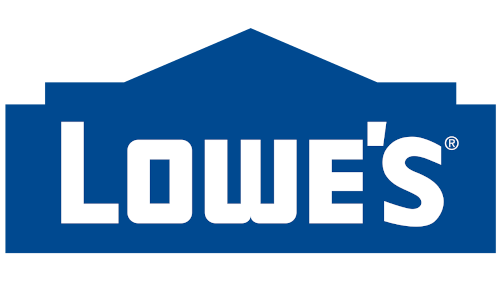A telecommunications closet, also known as a telecom closet or telco closet, is a small room or enclosure within a building that houses networking and telecommunications equipment. These closets are an integral part of the infrastructure for data communication and network connectivity within an organization.
What Are the Key Characteristics of a Telecommunications Closet?
Telecommunication closets typically include:
- Equipment housing. Telecommunications closets typically contain equipment such as network switches, routers, patch panels, server racks, and sometimes telephone systems. These devices are responsible for routing data, managing network connections, and ensuring network reliability.
- Cabling. The closets house network cabling, including Ethernet cables, fiber optic cables, and telephone lines.
- Connection points. Telecommunications closets serve as connection points where data cables from various parts of the building converge. From the closet, these cables are often connected to a larger data center or server room, which acts as the central hub for the organization's network.
- Security. Due to the sensitive nature of the equipment and data within a telecommunications closet, they are typically secured with locks or access control systems to prevent unauthorized access.
- Cooling and ventilation. To prevent overheating of networking equipment, telecommunications closets are often equipped with cooling systems and ventilation to maintain an optimal temperature.
- Backup power. Telecommunications closets require a stable power supply to keep the networking equipment operational. Uninterruptible Power Supply (UPS) systems may be used to provide backup power in case of electrical outages.
- Fire suppression. Depending on local building codes and regulations, some telecommunications closets may be equipped with fire suppression systems to protect against fire-related hazards.
What Are the Challenges of Managing Telecommunications Closets?
Telecommunications closets are often overlooked and undermanaged when compared to more traditional data center sites.
The most common challenges of managing telecommunications closets include:
- Limited visibility into inventory. Having many remote sites makes it difficult to track the equipment inventory and configuration across all sites. Plus, technicians may not always document their moves, adds, and changes.
- Lack of understanding of capacity. Any site may be constrained by space, power, cooling, or data/power port connections. Without data, it’s hard to know where you have available capacity.
- Inability to monitor site health. Every closet has its own power and cooling system that needs to be monitored and managed. Failure to do so can cause downtime.
- Siloed tools and teams. Telecommunications closets may be managed by different teams with different tools than the data center and facilities teams. When these tools are not integrated, there is no single version of the truth that spans the entire environment.
Simplify Telecommunications Closet Management with DCIM Software
As data center environments become more decentralized, telecommunications closets are now elevated to mission-critical status and need to be managed accordingly.
Data Center Infrastructure Management (DCIM) software enables you to monitor and manage all your global sites in a single pane of glass.
DCIM software simplifies telecommunications closet management with:
- Accurate network documentation. Visualize all your connections of both active and passive components (i.e., structured cabling and panels) across all your sites with network diagrams that are automatically rendered and updated with every change you make.
- Up-to-date equipment inventory. Gain real-time views across your entire footprint including equipment in racks like servers, storage, networking equipment, rack PDUs, and patch panels. You can even track parts and spares like SFPs and patch cables.
- Remote visualization. See your rack contents and panel placements better than if you were standing in front of them with high-fidelity images of each asset in automatic rack elevation diagrams.
- Real-time power and environmental monitoring. Automatically collect, store, trend, report, and alert on live measured readings from power meters and environmental sensors. Be the first to know of issues so you can proactively resolve them before they become serious problems.
- Accurate work orders. Share detailed, visual work orders with rack elevation diagrams and port-level instructions to ensure that technicians perform the work correctly.
- More informed capacity planning. Track resource capacity with out-of-the-box dashboard charts and reports to see how much space, power, cooling, and data/power port capacity you have in any closet.
- Automation via integration. Reduce manual data entry, increase data accuracy, and drive cross-functional collaboration by integrating DCIM software with your CMDB, ticketing system, and Dev Ops tools.
Want to see how Sunbird’s DCIM software can help you manage your telecommunication closets? Get your free test drive today.




























